Keywords: Writer
There are more than 200 results, only the first 200 are displayed here.
-
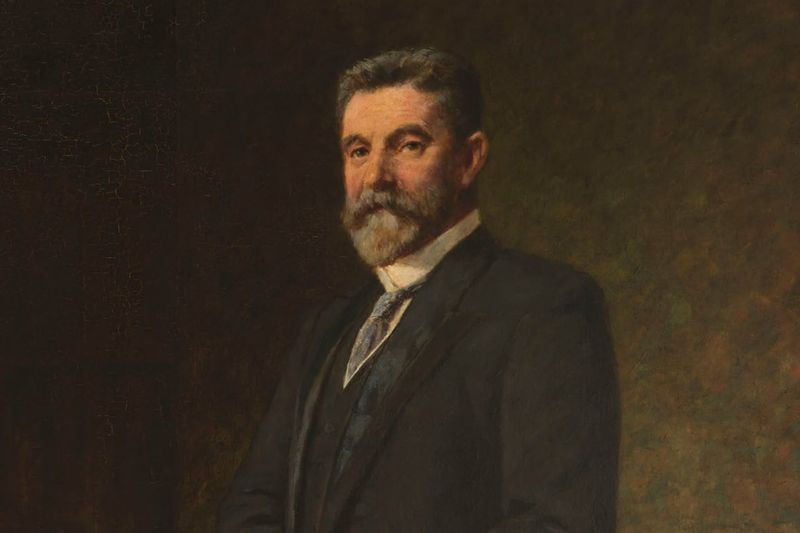
AUSTRALIA
- Andrew Hamilton
- 14 September 2023
4 Comments
As the legacy of historical figures is reevaluated, Alfred Deakin, Australia's second Prime Minister, finds himself under recent scrutiny. A champion of Federation, Deakin also held views towards Indigenous Australians now regarded as abhorrent. But is erasing his name from a university the right step?
READ MORE
-
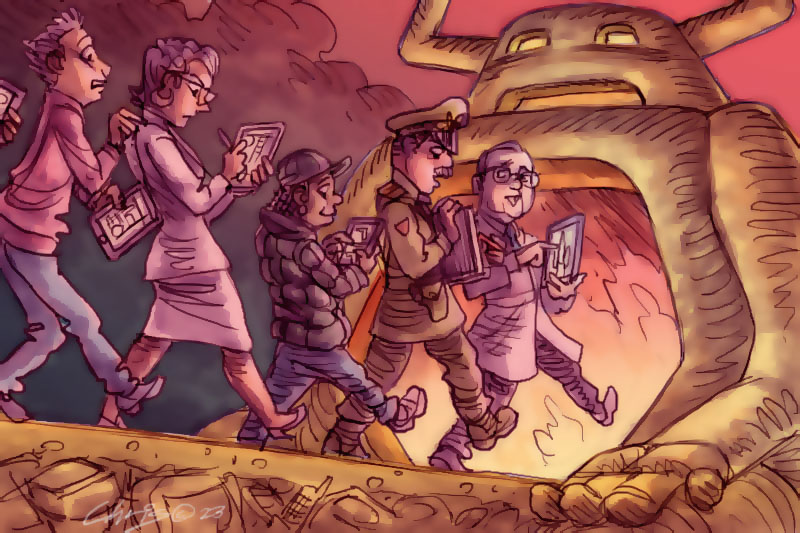
ECONOMICS
- Daniel Simons
- 14 September 2023
In a world increasingly governed by algorithms and AI, the ancient deity Moloch emerges as a haunting metaphor for our tech-driven sacrifices. Drawing parallels from historic rituals to present-day digital dynamics, ancient fears offer insight into today's most pressing existential challenges.
READ MORE
-
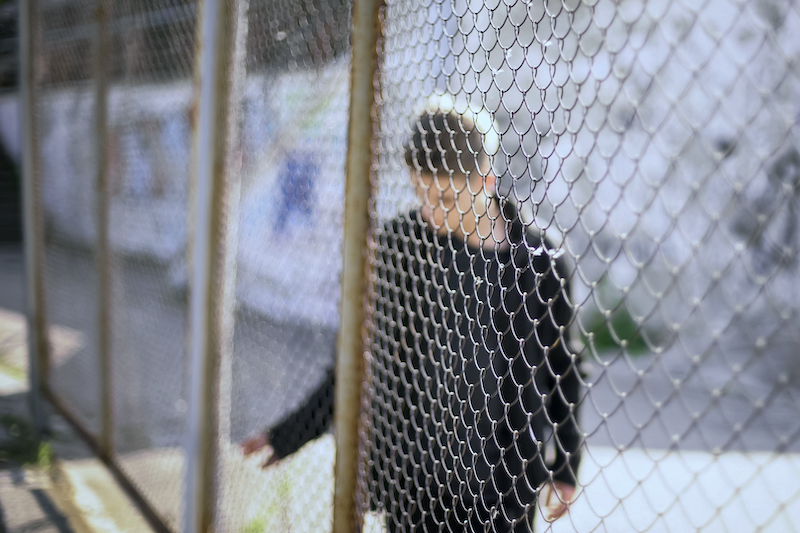
AUSTRALIA
- Andrew Hamilton
- 07 September 2023
4 Comments
On the face of it, the decision of the Queensland Government to pass an amendment to permit holding children in police cells was a desperate and discrediting action. Underneath it, however, was a complex coming together of events, prejudices and attitudes.
READ MORE
-

ENVIRONMENT
- Sarah Bacaller
- 06 September 2023
Fast fashion's allure is undeniable, but the environmental and ethical tolls it exacts are staggering. With 200,000 tonnes of clothing dumped annually, the pressing question is: How can fashion be sustainable and ethical? In a world drowning in disposable clothing, can we redesign the fabric of our consumer habits?
READ MORE
-

ARTS AND CULTURE
- Gillian Bouras
- 01 September 2023
1 Comment
The best novels teach us about the world and about ourselves. In her Lucy Barton books, Pulitzer Prize-winning novelist Elizabeth Strout knows about loneliness and the solitary nature of life but also shows us ways in which we are all connected.
READ MORE 
-

AUSTRALIA
- Barry Gittins
- 31 August 2023
2 Comments
Father's Day: a symbolic marker in Australia's calendar, often evoking mixed emotions. From fond memories of childhood to the challenges of modern fatherhood, the journey is both beautiful and complex as the role of fathers continues to evolve.
READ MORE
-
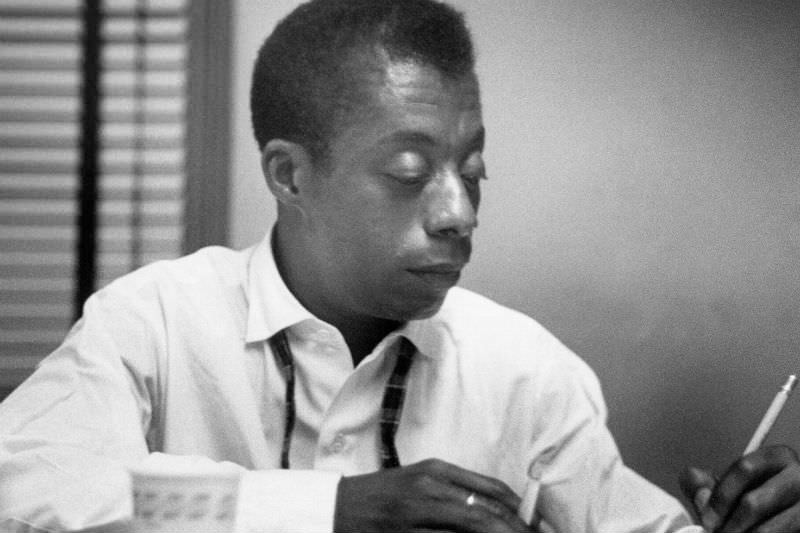
ARTS AND CULTURE
- Mark Tredinnick
- 31 August 2023
3 Comments
Amid shifting perceptions and the fluidity of names, our understanding of self dances on the edge of subjectivity. Traversing the landscape of literature, we're invited to confront our own reflections, to ask what truly defines us in a world that is ever-evolving, and to look beyond the obvious and into the heart of our shared human experience.
READ MORE
-

FAITH DOING JUSTICE
- Andrew Hamilton
- 31 August 2023
3 Comments
The immediacy of the climate crisis and the paradigm shift ushered in by Artificial Intelligence are reshaping our world, leaving the marginalised bearing the brunt. As technological advancements raise complex ethical questions, what does it mean to be socially accountable in an age where the lines between reality and illusion grow ever thinner?
READ MORE
-
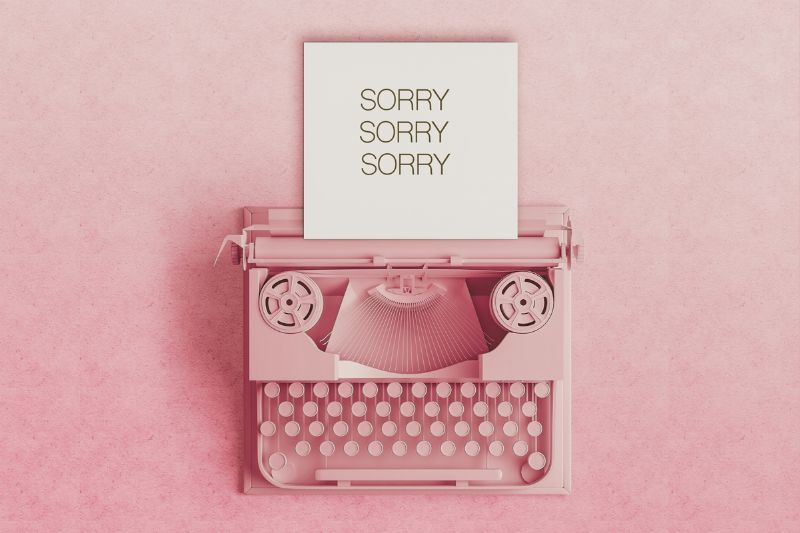
AUSTRALIA
- Tony Thompson
- 31 August 2023
In an era where victories are celebrated and mistakes are concealed, the power of the simple phrase 'I am sorry' seems to be vanishing. From personal slights to public gaffes, our society seems increasingly averse to accepting responsibility and offering genuine apologies. But why has this sentiment become so rare, and what does its absence say about the values we hold?
READ MORE
-
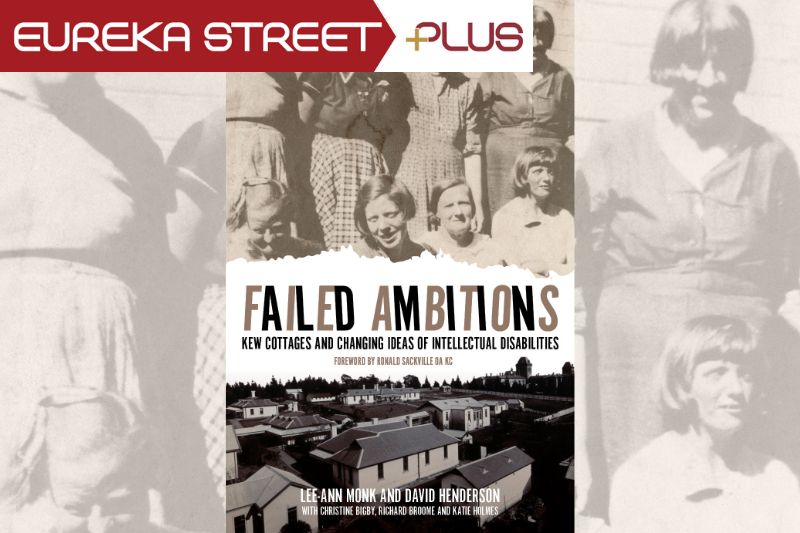
ARTS AND CULTURE
- Andrew Hamilton
- 25 August 2023
1 Comment
Failed Ambitions offers a complex exploration into the history of institutions for individuals with mental illnesses and intellectual disabilities. The book addresses the evolution of attitudes towards these communities, highlighting ongoing struggles with public stigma, systemic neglect, and the importance of giving voice to marginalised individuals.
READ MORE 
-
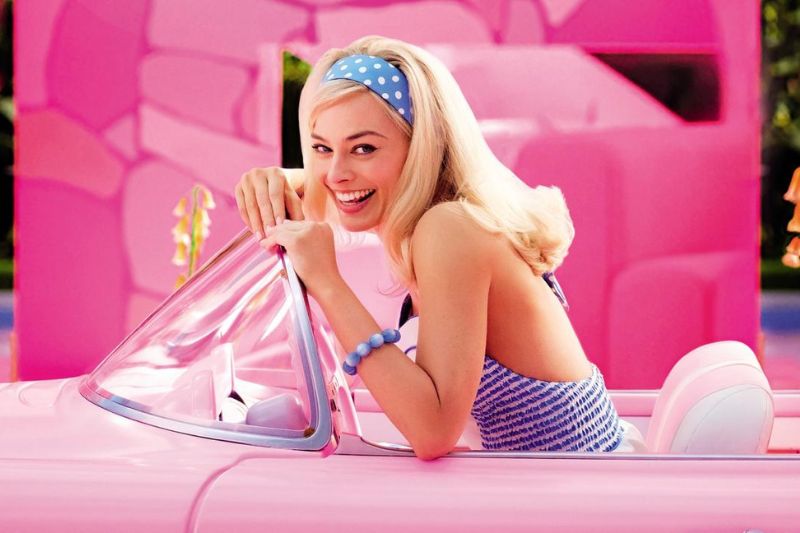
ARTS AND CULTURE
- Juliette Hughes
- 23 August 2023
2 Comments
In Barbie, director Greta Gerwig maps out a journey from naive pink utopias to poignant real-world challenges. Drawing parallels from the 1960s Twiggy phenomenon to today's elusive ideals of feminine success, Gerwig's film becomes a mirror to our society's ever-shifting landscape of female identity and aspiration.
READ MORE
-
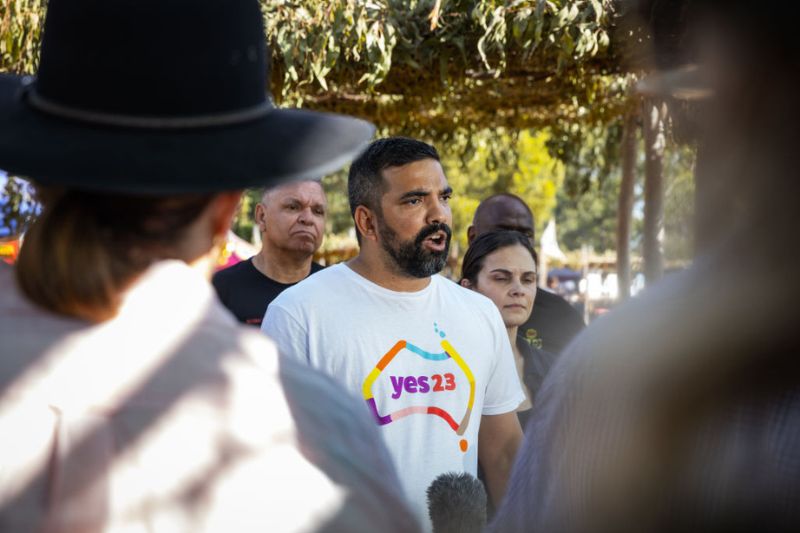
FAITH DOING JUSTICE
- Andrew Hamilton
- 21 August 2023
10 Comments
The Catholic Bishops Justice Statement, timed with an impending Referendum on the Voice to Parliament, scrutinizes the ties between Aboriginal and Torres Strait Islander peoples and other Australians. Crafted alongside the National Aboriginal and Torres Strait Islander Catholic Council, it underscores the urgency of deepened engagement through listening, learning, and love, advocating for Indigenous justice and healing.
READ MORE